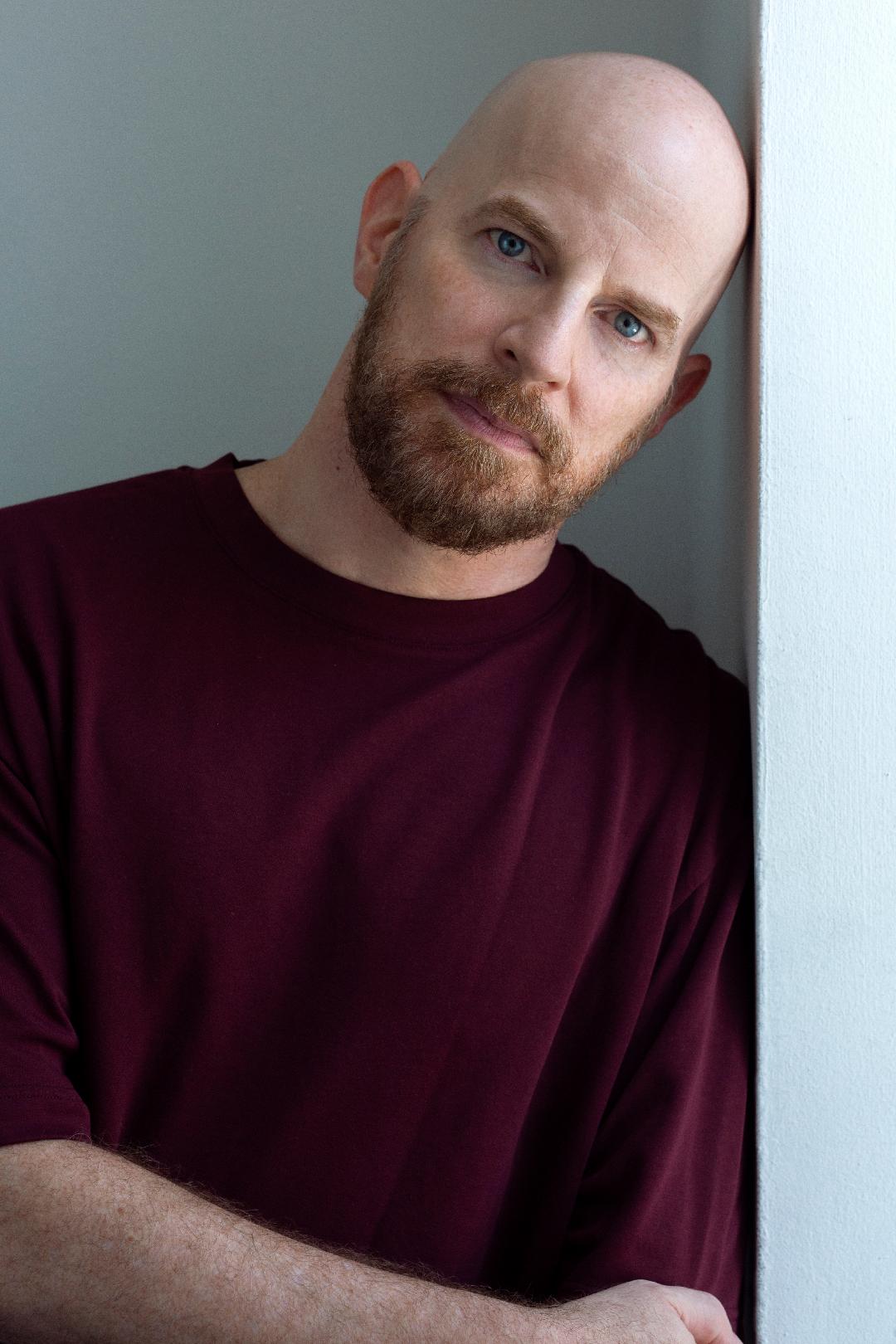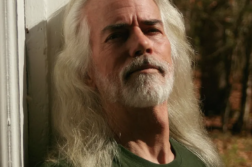
for American Scholar.
PATRICK E. HORRIGAN is a writer exploring the effect of art on individuals, beginning with his memoir Widescreen Dreams: Growing up Gay at the Movies (1999), and continuing with the novels Portraits at an Exhibition (2015) and Pennsylvania Station (2018). He has also written a play and essays, and is co-host of the recurring variety show Actors with Accents. He previously taught literature at LIU Brooklyn.
The title of Horrigan’s new novel, American Scholar, refers to the Harvard professor and founder of American Studies, F. O. Matthiessen, about whom the central character, James, has written a successful novel. Matthiessen was secretly gay, in a loving relationship, and ended his life in suicide. The novel connects James to an unsent letter written in the 1980s, sending him back to that decade and a passionate love affair, remembered in what’s described as a “hallucinatory” dark night of the soul.
This interview was conducted in written exchanges online.
Charles Green: American Scholar talks much about F.O. Matthiessen, the 20th-century academic who inspired American Studies. What drew you to him?
Patrick E. Horrigan: I first encountered Matthiessen in a graduate school American literature seminar. The professor recommended his American Renaissance: Art and Expression in the Age of Emerson and Whitman (1941) as a foundational text in American Studies and necessary background for understanding 19th-century American literature. The book’s seductive fusing of America and Europe captivated me. Its thesis was equally captivating: that the very best of American literature was produced in the mid-19th century, including Melville’s Moby-Dick, Hawthorne’s The Scarlet Letter, Thoreau’s Walden, and Whitman’s Leaves of Grass.
I became even more fascinated by Matthiessen himself, discovering that he killed himself in 1950 at 48 years old, that he was a socialist when the Cold War demonized the Left, that he was gay when gay life was heavily persecuted, that he was in a long-term relationship with a visual artist twenty years his senior, and that he suffered from mental illness. Piecing together his life story, I found it moving. I was particularly riveted by a collection of letters to his partner, Russell Cheney, which was published several years earlier. At the time, I had recently come out and was just building a life in New York as an openly gay man. I had just entered graduate school and was beginning an academic career. Matthiessen seemed a kind of role model, and yet his life ended in tragedy. I wanted to understand what happened to him. I was also dating a man much like Matthiessen—a budding scholar of gay life and popular culture, a socialist suffering from suicidal depression. I was struck by this coincidence in my personal and intellectual life and wanted to understand why I seemed drawn to a certain type of self-destructive gay intellectual. This was the seed for American Scholar.
Charles Green is a writer based in Anapolis, MD.







